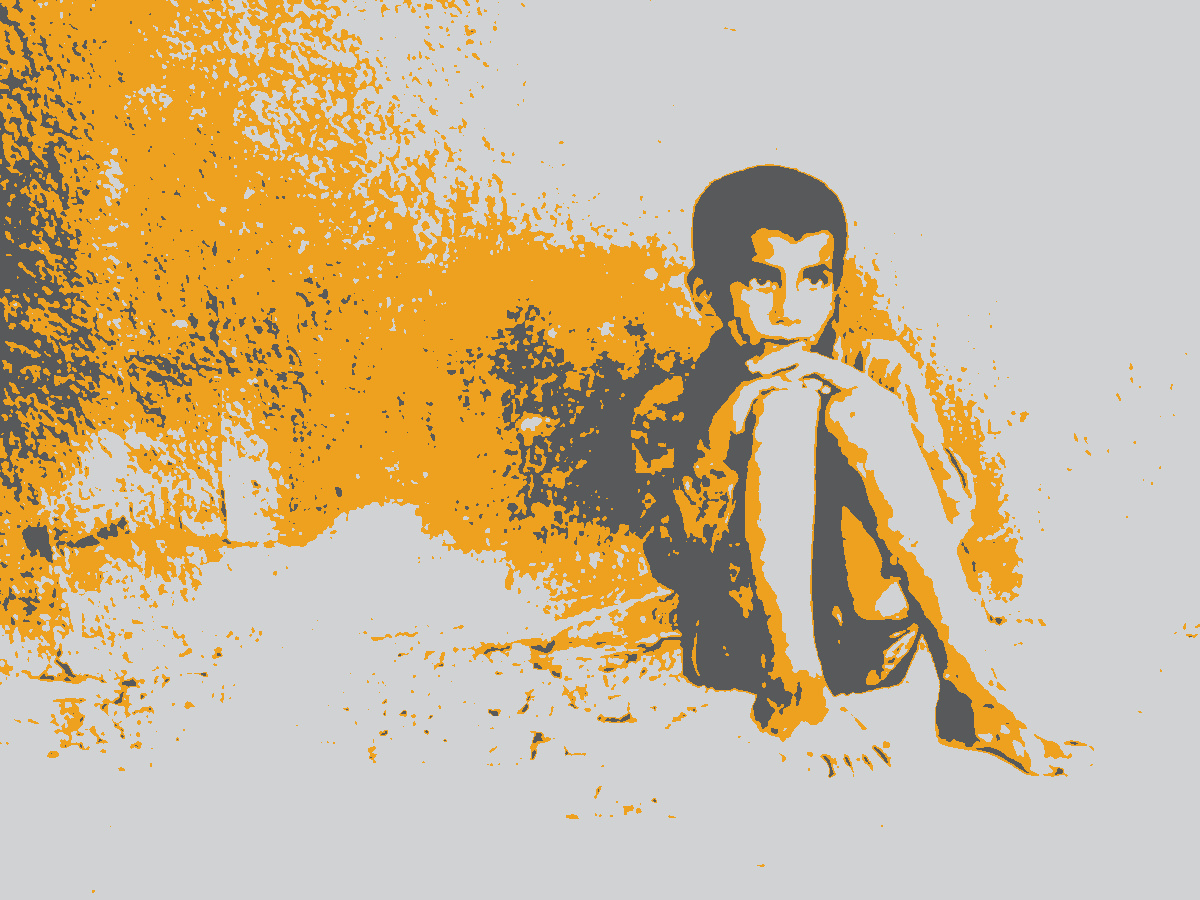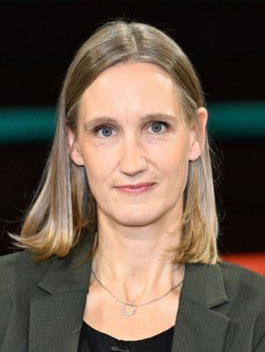While the world speaks with great self-evidence about a genocide in Gaza, the term remains a taboo in Germany. Being linked in the country’s collective memory to the Holocaust, Germans find it difficult to use it in the context of Israel and Palestine.
At the same time, Israel’s military operation in Gaza is now classified as genocide by the majority of genocide and Holocaust researchers, by international and Israeli human rights organizations, and by the UN Human Rights Council’s Commission of Inquiry. The International Court of Justice considered the accusation plausible already in January 2024, and issued provisional measures to prevent a genocide in Gaza.
For an act to be classified as genocide, the 1948 Genocide Convention lists five possible acts, committed with the intent to destroy a group in whole or in part. According to the UN’s assessment, four of them are being fulfilled in Gaza. Although the Holocaust often shapes public understanding of genocide, international law recognizes that it can take many forms. Still, it remains uncertain whether the ICJ will classify Israel’s actions as such.
The legal classification is more complicated than it seems. Not every genocidal act follows a genocidal intent. How can the genocidal intent of a government be proven, and does it represent the state as a whole? What if the accused state itself was attacked and is therefore invoking its right to self-defense? Does the intent to destroy have to be the sole motive, or can it coincide with other military objectives? And does the debate over terminology not distract from the original goal of the Genocide Convention, namely to prevent genocides?
The English-language panel will discuss the history of the term, various examples of genocides, and the legal application of the Genocide Convention to Gaza.
This event is supported by the Schöpflin Stiftung, the Stiftung Mercator, the Robert Bosch Stiftung and the Postcode Lotterie.
Panelists are: Diana Buttu, Mouin Rabbani, Michael Sfard.
Moderation: Kristin Helberg





